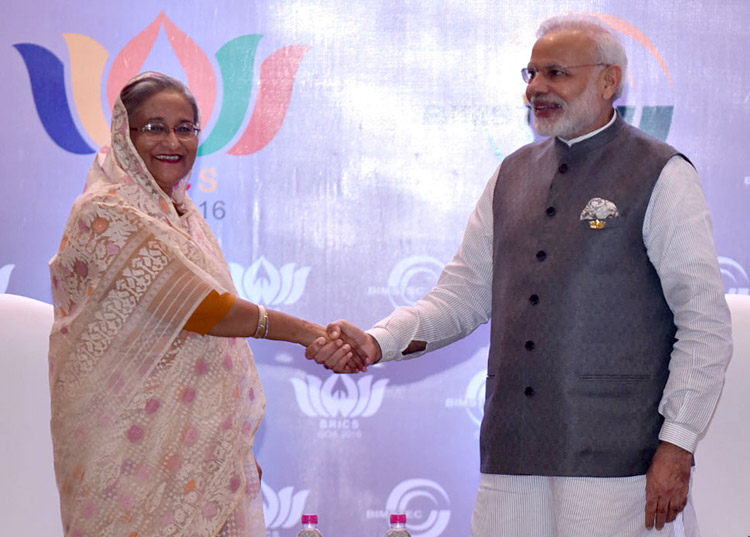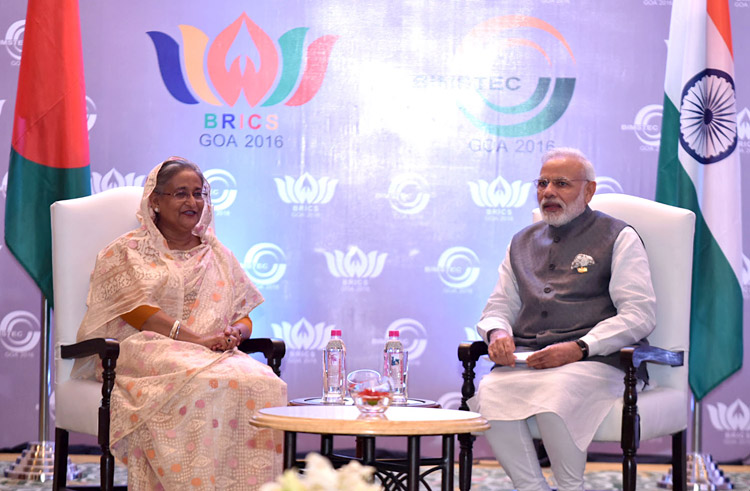INDIAN ARMED FORCES CHIEFS ON OUR RELENTLESS AND FOCUSED PUBLISHING EFFORTS

The insightful articles, inspiring narrations and analytical perspectives presented by the Editorial Team, establish an alluring connect with the reader. My compliments and best wishes to SP Guide Publications.

"Over the past 60 years, the growth of SP Guide Publications has mirrored the rising stature of Indian Navy. Its well-researched and informative magazines on Defence and Aerospace sector have served to shape an educated opinion of our military personnel, policy makers and the public alike. I wish SP's Publication team continued success, fair winds and following seas in all future endeavour!"

Since, its inception in 1964, SP Guide Publications has consistently demonstrated commitment to high-quality journalism in the aerospace and defence sectors, earning a well-deserved reputation as Asia's largest media house in this domain. I wish SP Guide Publications continued success in its pursuit of excellence.
- A leap in Indian aviation: Prime Minister Modi inaugurates Safran's Global MRO Hub in Hyderabad, Calls It a Milestone
- All about HAMMER Smart Precision Guided Weapon in India — “BEL-Safran Collaboration”
- India, Germany deepen defence ties as High Defence Committee charts ambitious plan
- True strategic autonomy will come only when our code is as indigenous as our hardware: Rajnath Singh
- EXCLUSIVE: Manish Kumar Jha speaks with Air Marshal Ashutosh Dixit, Chief of Integrated Defence Staff (CISC) at Headquarters, Integrated Defence Staff (IDS)
- Experts Speak: G20 Summit: A Sign of Global Fracture
Visit of Bangladesh PM - expectations
 |
By Lt. General P.C. Katoch (Retd) Former Director General of Information Systems, Indian Army |


Coming up next month in April is the all important visit of Prime Minister Sheikh Hasina of Bangladesh to India. Not only is she a close friend of India, the manner in which she has gone after the terrorists and terrorist infrastructure in her country, she portrays to the world the correct perspective of Pakistan. Last year when the SAARC meet in Islamabad was called off and Pakistan accused India of influencing SAARC members, she went on record to say, "It is over the situation in Pakistan that we decided to pull out (from the SAARC summit in Islamabad). Terror from Pakistan has gone everywhere, which is why many of us felt frustrated by Pakistan. India pulled because of the Uri attack, but for Bangladesh the reason is totally different... One of the other main reason of my government for SAARC pullout was hurt felt over Pakistan's strident criticism of the war crimes process in Bangladesh in which dozen Jamaat-e-Islami leaders, accused of brutalities during the liberation war in 1971, have been hanged or indicted". Her visit to India is important in the background of rising China's aggressive posture. There is no doubt that economically Bangladesh needs Chinese investments and China needs Bangladesh markets. However, it is the Chinese intent of the defence relationship with India's neighbours and development of ports for use by the PLA Navy (PLAN) that is a matter of concern considering that China has indicated beyond 2025 she will act to claim her territorial claims (however illegal) in her quest for 'Great Power' status.
This includes China's militarization of the Indian Ocean. Already there are write ups that China aims to create a South China Sea (SCS) like situation in the Arabian Sea anchored on Pakistani ports of Gwadar, Omari, Karachi, and Hambantota in Sri Lanka. With the same aim, China is developing deep-sea port of Kyaukpyu in Myanmar and had offered to fund 99% of the Sonadia Islands deep-water port projects but latter was recected by the Sheikh Hasina Government. China's plan for developing the Chittagong port is part of the same strategy. Indian security concerns also need to be viewed in context of any future change in Government in Bangladesh considering that during the Khaleda Zia regime four major anti-India terrorist camps were operative in Bangladesh and the regime with radical support was pro Pakistan and China. China's enormous investments in Bangladesh should not concern India as long as it does not impinge on India's security concerns. That Pakistan, Bangladesh and Myanmar respectively occupy the first, second and third position in China's defence exports is well known. Year 2009 onwards, Beijing has been Bangladesh's biggest arms supplier, accounting for over 80% of the total arms delivered to the country in that period. In October 2016, en route to Goa to attend the BRICS Summit, Chinese President Xi Jinping made a stopover in Dhaka and signed off loans worth USD 24 billion. In November 2016, Bangladesh purchased two submarines from China for an estimated USD 203 million. Then there is also the question of the multi-modal BCIM (Bangladesh, China, India, and Myanmar) Economic Corridor which will be the first expressway between India and China also passing through Bangladesh and Myanmar. How this will progress is yet to be seen with the China-Pakistan intent upon keeping India constrained within South Asia and already destabilizing India, including the northeast, at the sub-conventional level.
In December 2016, Defence Minister Manohar Parrikar visited Bangladesh, followed by Bangladesh Navy Chief Admiral Muhammad Farid Habib visiting India, and Foreign Secretary S Jaishankar visiting Dhaka in February this year. Bangladesh has traditionally been a friend of India and Sheikh Hasina has endeared herself to Indians with her "zero tolerance policy" against terrorism, categorically stating, "We won't tolerate any sorts of terrorism and militancy and won't allow our land to be used for carrying out terrorist acts against any country". And, it is not the statement alone but the effective execution that has mattered. Had it not been for Bangladesh, a preacher like Zakir Naik would have continued to spew venom and radicalize Muslims. At New Delhi, Sheikh Hasina will be meeting Prime Minister Narendra Modi and hold delegation level talks. Besides connectivity and development initiatives, terrorism and cooperation in defence and security are also likely to be high on the agenda. Both counties are likely to be sign a defence pact. This should address security concerns of both nations. What should have happened is also is inking of the Teesta Water Agreement to the mutual benefit of both nations. But this is unlikely because of India's internal politics and attitude of West Bengal Chief Minister Mamata Banerjee. In India, water is supposed to be a State subject but then Teesta River also flows through Sikkim and when more than one state is involved, why should such river water not become a subject for the Centre? Given the politics in India, the Government of West Bengal and that at the Centre is unlikely to be of the same political party in the foreseeable future. Does this mean we will let the issue of sharing Teesta River waters with Bangladesh continue to hang indefinitely? Modi had promised Hasina during his 2015 Dhaka visit that he will get Mamata Banerjee to agree to the Teesta deal after Bengal's concerns were addressed. The time to deliver has come. At a recent global water conference in Budapest, Hasina pitched strongly for lower riparian rights on trans-regional rivers. As significantly, Sheikh Hasina wanted Indian participation in the ambitious $3 billion Ganges water barrage project, but India is yet to respond while Chinese companies are prepared to finance the complete project. Will we miss the bus?





